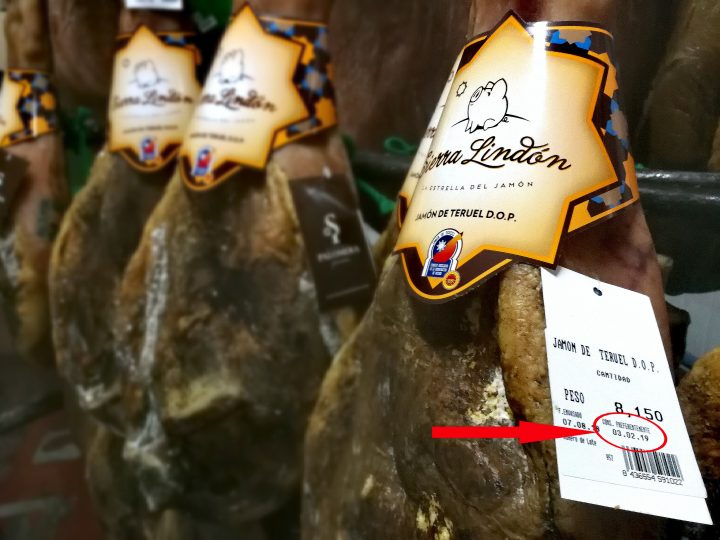Last July, the Spanish media reported on what many of them called “the expired ham fraud”. Far from encouraging fraudulent behaviour as was being claimed, I would like to clarify certain aspects that might confuse consumers about the concepts of expiry and best before dates.
I understand that a headline is made to draw attention, and I also understand that a headline that is not backed up in the actual text is not worth the paper it’s written on. But let’s be realistic, we all know that many people read no further so, whilst it can be eye-catching, it should also avoid confusion. Because ham does not expire.
The expiry date and best-before date are two concepts that we should not mix up. The first marks the time from which a product is no longer safe from a sanitary point of view. However, the best-before date indicates up to which date we can enjoy a product’s organoleptic qualities (flavour, aroma and texture) without them being altered, although our health is never at risk.
The traditional way of making ham in Spain – both from white and Iberian pigs – by dehydrating pieces of meat using salt, means that although the organoleptic qualities of the piece may vary, eating it is not a health risk. Consequently, a ham label should show a best-before date and not an expiry date. Over time, the fat becomes rancid, the cut can go mouldy or show undesirable white dots or it might even dry up so that it is practically impossible to eat it and enjoy the characteristics that make it such an incomparable product. However, it can still be eaten without risking our health. The same goes for deboned, chopped or sliced and vacuum-packed ham. As long as the packaging has not been damaged and it has been kept properly, the only thing that might happen is that, once the best-before date has passed, it might not be as good as it should be.
In the case mentioned at the start, and as far as ham is concerned, I understand that the fraud lay in relabelling hams that had been removed from the shelves (and seemingly poorly preserved) thereby falsifying their best-before date and conning buyers. However, using a headline about “expired hams” is only going to confuse consumers more.


